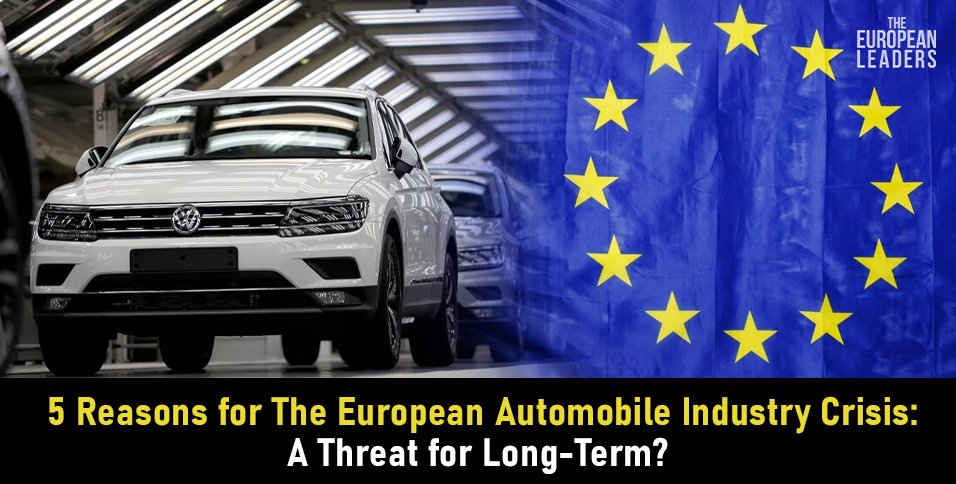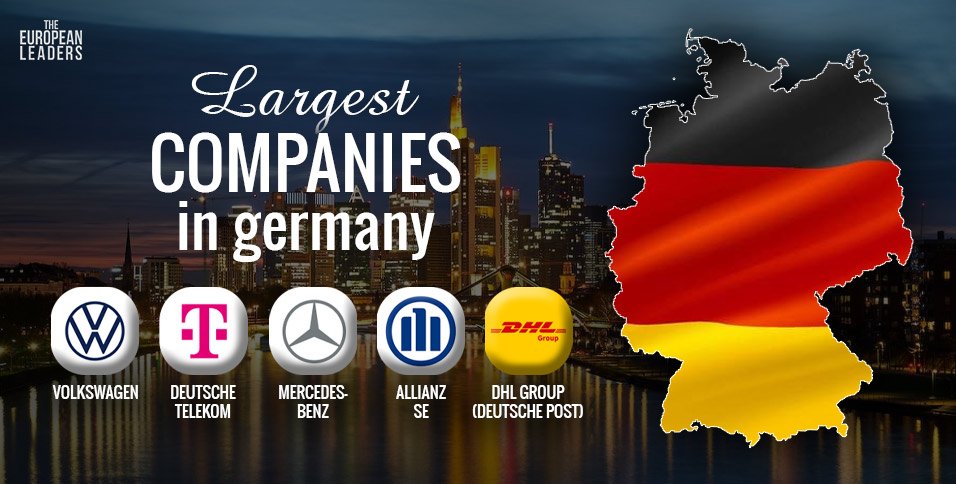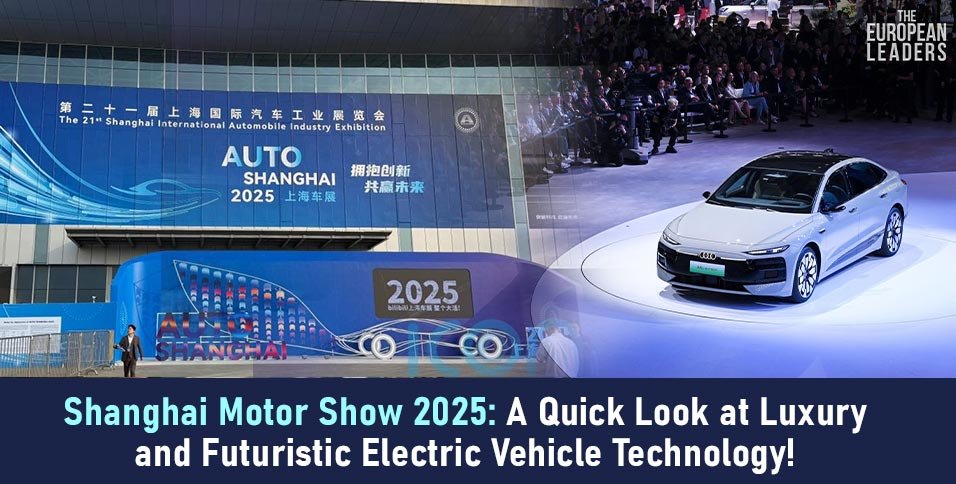The European Leaders
08 November 2024
London – The European automobile industry crisis has become a headline issue, raising big questions for car manufacturers, workers, and consumers alike. With production delays, factory closures, and the rise of new competitors, Europe’s once-strong car industry is now facing serious hurdles.
But what’s causing this shift? And could it threaten the future of Europe’s auto sector for years to come?
Is Europe and the UK’s automobile industry struggling?
Yes, both the European and UK automobile sectors are facing significant challenges. A series of economic pressures, supply chain issues, and fierce competition from new market players are making it difficult for traditional European automakers to thrive. Let’s break down the five main factors behind this crisis:
1. Rising Energy Costs
- High Energy Prices: Europe’s automotive industry is grappling with skyrocketing energy costs, which are now double those in the U.S. and triple those in China. These surging costs have directly impacted production expenses, squeezing the profit margins of manufacturers and dampening their global competitiveness.
2. Geopolitical Tensions and Supply Chain Disruptions
- Global Dependency: European automakers rely heavily on timely deliveries of components from global suppliers. Geopolitical tensions and lingering effects from the COVID-19 pandemic have disrupted these supply chains, affecting the availability of key parts like semiconductors and leading to production delays and increased costs.
- Brexit Impact: Brexit has added further complexity for UK manufacturers, impacting supply chains with new tariffs and restrictions, which have increased the operational burdens on the industry.
3. Declining Sales and Market Share
- Sales Decline: The UK automotive market experienced a 2% drop in vehicle registrations in 2022, which is 30% lower than pre-pandemic levels. Major manufacturers, including Volkswagen, are also seeing sales decline, driven by intensified competition and waning consumer demand.
- Loss to New Competitors: European manufacturers have lost significant market share, especially in electric vehicles (EVs), to new entrants from China, whose lower production costs and innovative approaches are resonating with European consumers.
4. Technological Transition to Electric Vehicles (EVs)
- Transition Costs: The shift to electric vehicles presents both opportunities and obstacles. European automakers are heavily investing in EV production but facing difficulties in managing high costs while trying to meet demand. Additionally, they’re contending with legacy costs that make competing with more agile new entrants challenging.
5. Regulatory and Competitive Pressures
- Strict Emissions Standards: European regulations pushing for reduced emissions have forced manufacturers to accelerate EV adoption. While this is fostering innovation, it also brings high compliance costs that add pressure to already struggling firms.
- Rising Competition: Chinese automakers, especially in the EV market, have made substantial gains due to their cost efficiencies, posing a formidable challenge to European incumbents.
Volkswagen Factory Closure: A Symptom of a Broader Crisis
A recent report highlighted Volkswagen’s decision to close factories as part of a €10 billion cost-cutting initiative. CEO Oliver Blume noted the tough economic environment and the increasing competition from Chinese EV manufacturers as critical factors.
This move highlights the difficult decisions European carmakers face as they navigate rising costs and changing consumer demands. The potential job losses in Germany are a stark reminder of the local economic impact of this crisis, with Volkswagen’s works council committing to resist these cuts.
European Jobs at Risk as Nissan Announces Major Cutbacks
Following Volkswagen’s lead, Nissan has announced plans to cut 9,000 jobs globally, with European operations being impacted. Despite recent investments in UK EV production, Nissan’s cutbacks are driven by significant financial losses and declining sales in key markets.
Nissan’s CEO Makoto Uchida acknowledged these struggles and outlined restructuring efforts to increase agility and resilience across the business. However, the Sunderland plant’s future remains uncertain, which could potentially impact 6,000 jobs.
Is the European Automobile Industry Crisis for long?
The European automobile industry crisis has just begun, and it will be too early to state any firm statement on this issue.
However, as Europe’s automobile industry confronts these economic and market challenges, the ability of traditional automakers to adapt quickly and efficiently will be crucial in determining whether they can overcome this crisis in the long run or if they’ll be overshadowed by newer, more adaptable competitors.








